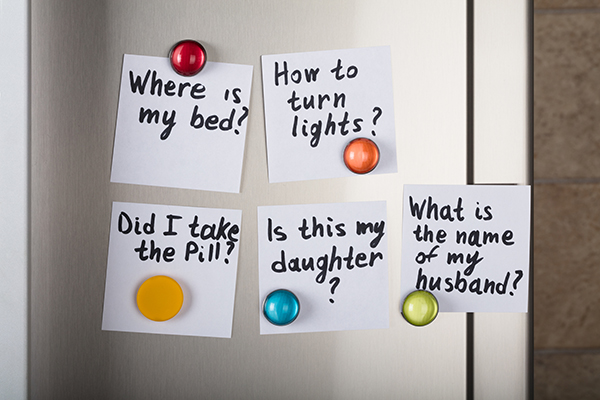The Alzheimer’s Association has published its 2019 Facts and Figures Report, and with a full 5.8 million Americans currently diagnosed with the disease – including 1 out of every 10 seniors – it is essential for people to understand the newest breakthroughs in research and treatment plans.
Based on the report, the total number of Americans diagnosed with Alzheimer’s is expected to increase from 5.8 million in 2019 to an anticipated 13.8 million in 2050. And while the effects are greatest on the elderly, the disease begins to produce modifications in the brain a staggering 20 years or more before signs and symptoms are noticeable.
If you are among the countless family members providing care for a loved one with dementia, you are well aware of the investment in time needed: in combination with other family caregivers, adding up to 18.5 billion hours in 2018 alone. The reality is, 83% of dementia care is provided by relatives and friends. And the effect on a caregiver’s health is considerable, with virtually 60% reporting emotional stress and nearly 40% suffering from physical stress.
Risk factors were also updated in this year’s report, and include:
Age: Unsurprisingly, risk increases dramatically as we age, from as little as 3% within the 65 – 74 age bracket, to 17% in those ages 75 – 84, to an astonishing 32% for everyone age 85 and older.
APOE gene: Of the 3 forms of the APOE gene (e2, e3, and e4), which transports cholesterol in the bloodstream, the e4 form is linked to the highest incidence associated with the disease.
Family background: People with at least one first-degree relative (parents, siblings) have a much higher risk for developing Alzheimer’s, and the risk grows when shared lifestyle and environmental factors are at play (i.e. unhealthy eating or obesity).
Of significant benefit is the finding that while healthcare providers are encouraged to regularly evaluate cognitive functioning for all seniors, only 16% of people over age 65 report having a routine assessment, and more than 50% have never received an evaluation at all – regardless of the fact that 94% of health professionals noted the need for such an assessment.
According To Joanne Pike, Dr.P.H., chief program officer for the Alzheimer’s Association, “Early detection of cognitive decline offers numerous medical, social, emotional, financial and planning benefits, but these can only be achieved by having a conversation with doctors about any thinking or memory concerns and through routine cognitive assessments.”
Independence-4-Seniors Home Care remains focused on following the most up-to-date trends in Alzheimer’s disease, and to supply the excellent, highly trained care that allows for the greatest possible quality of life at all times for people diagnosed with dementia. Call us at (630) 323-4665 or contact us online for more educational resources related to dementia, or if you want to find out more about our specialized Hinsdale in-home care services for those with dementia.

